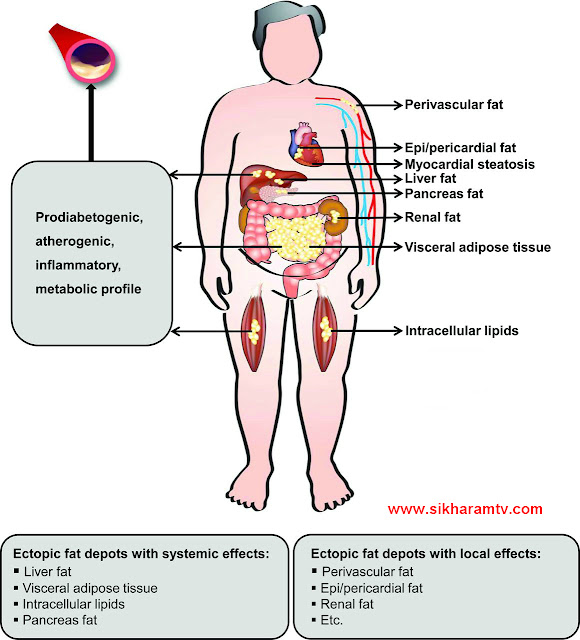Fat is an essential part of your diet. It provides energy, absorbs certain nutrients and maintains your core body temperature. You need to consume fat every day to support these functions, but some types of fat are better for you than others. Good fats protect your heart and keep your body healthy, while bad fats increase your risk of disease and damage your heart.
Energy
While carbohydrates are the main source of fuel in your body, your system turns to fat as a backup energy source when carbohydrates are not available. Fat is a concentrated source of energy. One gram of fat has 9 calories, which is more than double the amount of calories from carbohydrates and protein. Because fat is high in calories, you need to limit your diet to 20 to 35 percent calories from fat, reports MayoClinic.com. Based on an 1,800-calorie diet, this recommendation amounts to 40 to 70 daily grams of fat.
Vitamin Absorption
Some types of vitamins rely on fat for absorption and storage. Vitamins A, D, E and K, called fat-soluble vitamins, cannot function without adequate daily fat intake. These vitamins are essential parts of your daily diet. Vitamin A keeps your eyes healthy and promotes good vision, vitamin D assists in keeping your bones strong by boosting calcium absorption, vitamin E protects cells by neutralizing free radicals and vitamin K is important for blood clotting. If you don't meet your daily fat intake or follow a low-fat diet, absorption of these vitamins may be limited resulting in impaired functioning.
Insulation
Fat cells, stored in adipose tissue, insulate your body and help sustain a normal core body temperature. Adipose tissue is not always visible, but if you are overweight, you may be able to see it under your skin. You might notice an abundance of adipose tissue in certain areas, causing lumpy patches around your thighs and stomach. Other stored fats surround vital organs and keep them protected from sudden movements or outside impacts.
Good vs. Bad Fats
Opt for good monounsaturated and polyunsaturated fats, or MUFAs and PUFAs, whenever possible. These heart-healthy fats stabilize cholesterol levels and lower your overall risk of cardiovascular disease when you consume them in place of bad fats. Monounsaturated and polyunsaturated fats come from vegetable oils, nuts, avocados and cold-water fish, such as salmon and tuna. Bad fats, or saturated and trans fats, raise low-density lipoprotein, also called LDL, cholesterol. Elevated low-density lipoprotein hardens arteries and raises blood pressure. Over time, you may be more at risk of heart attack and stroke. You need increased levels of high-density lipoprotein to rid your body of excess low-density lipoprotein. Trans fats are especially harmful because they lower your high-density lipoprotein, also called HDL cholesterol, reports "The New York Times." Saturated and trans fats are naturally occurring in meat, seafood and dairy, but processed junk foods also contain these damaging fats.











No comments:
Post a Comment